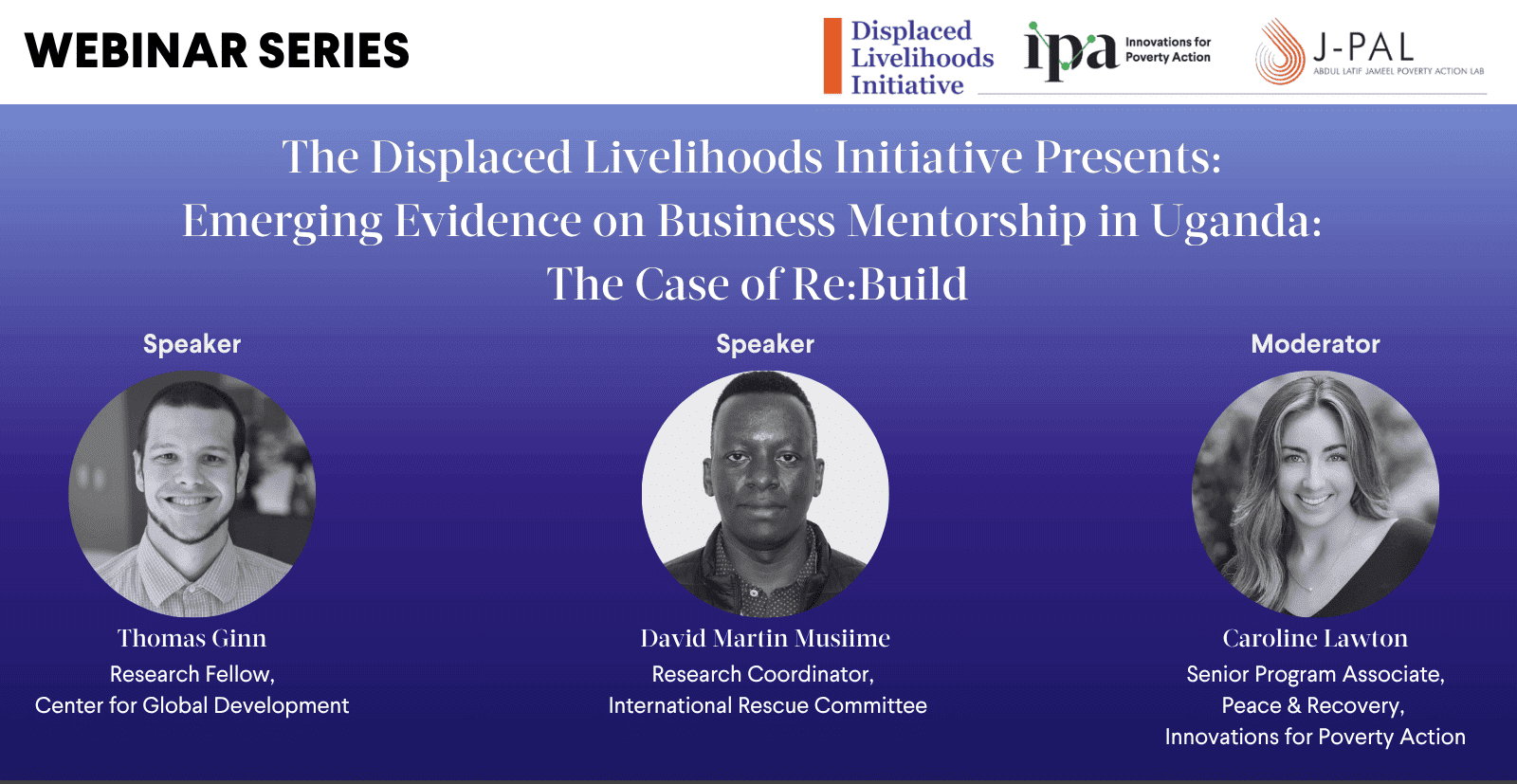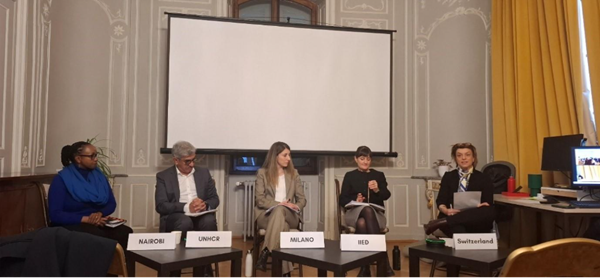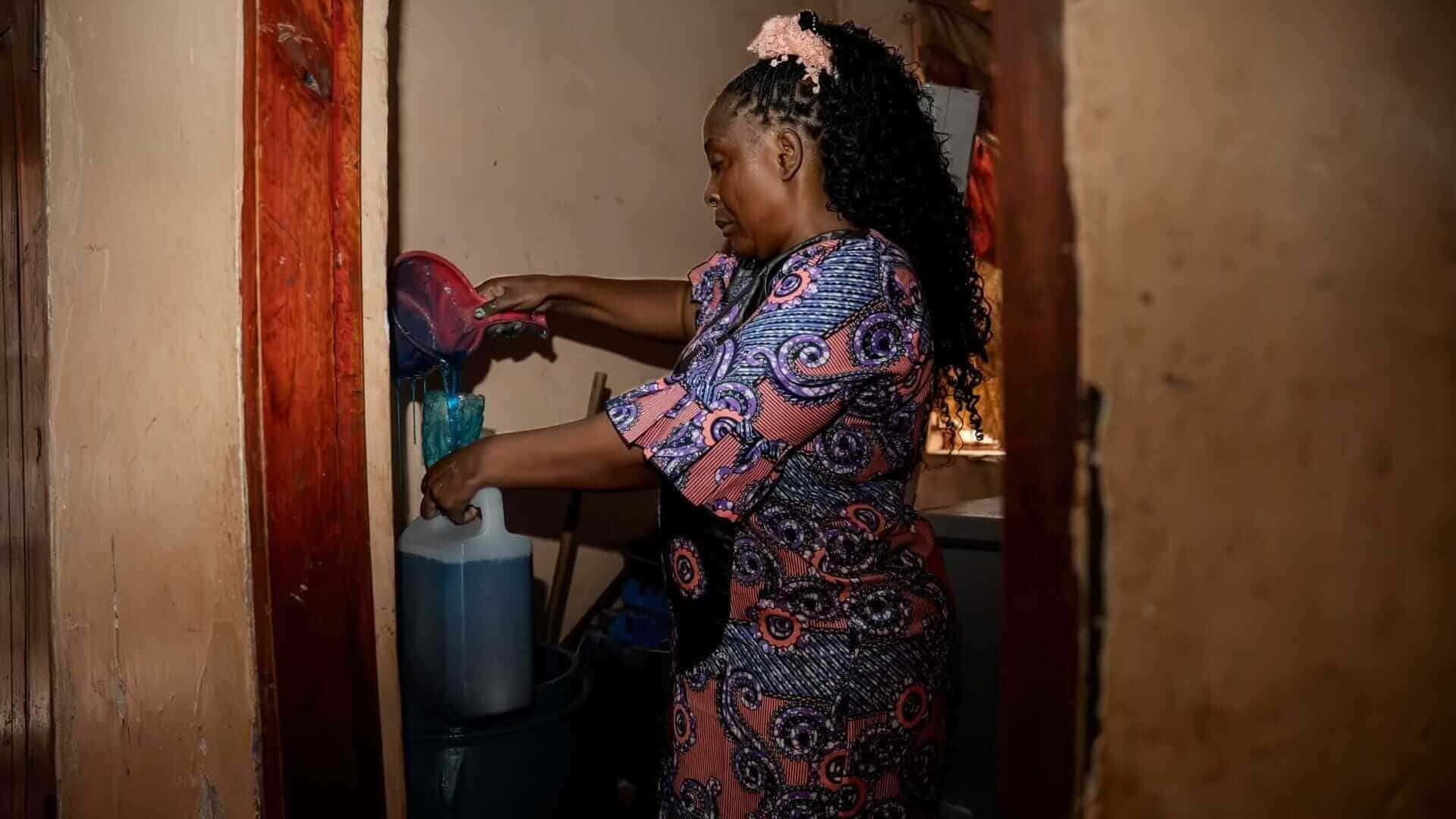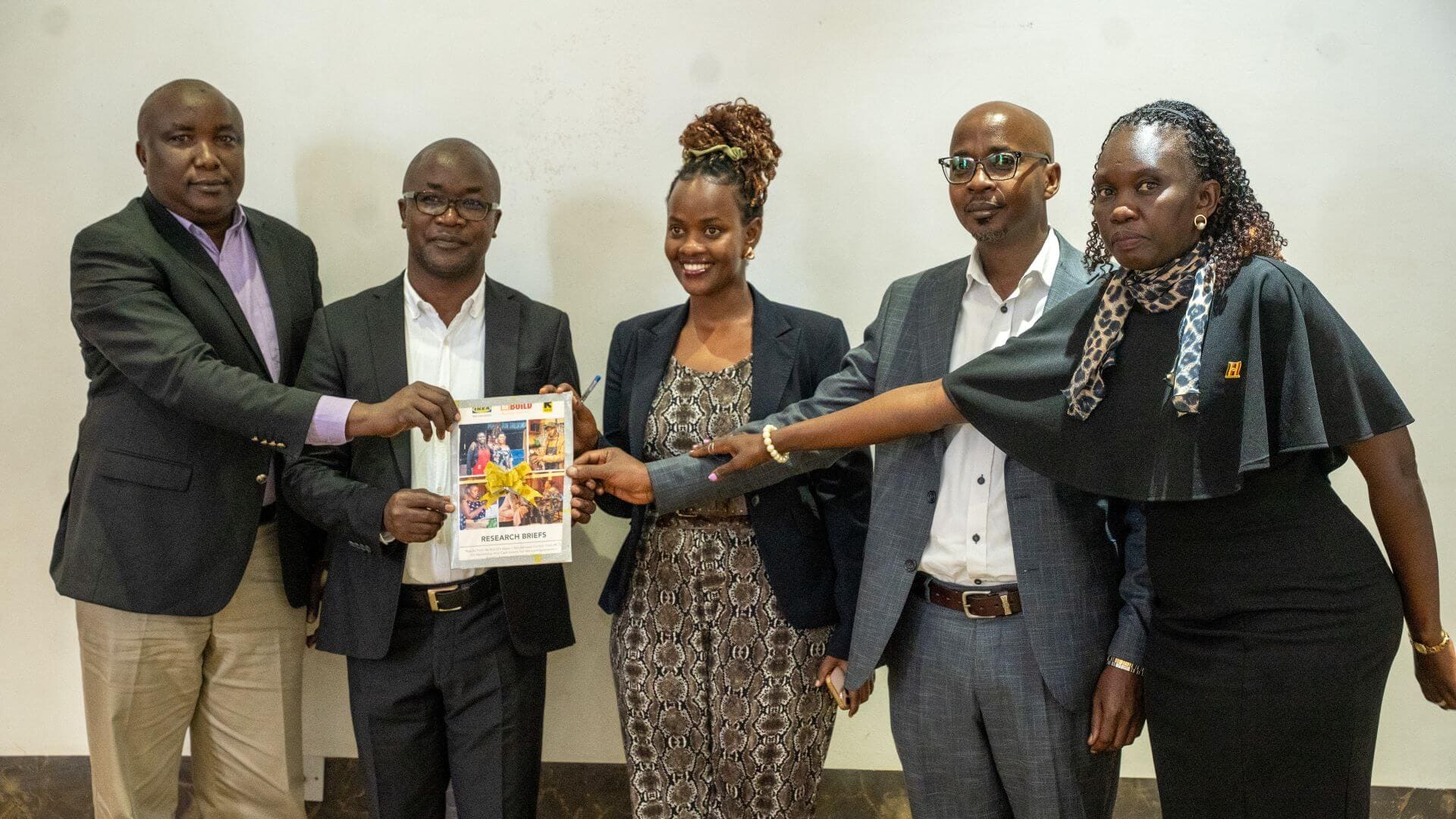Leveraging Evidence for Livelihoods – Insights from Re:BUiLD
Leveraging Evidence for Livelihoods – Insights from Re:BUiLD
Leveraging Evidence for Livelihoods – Insights from Re:BUiLD
By David Martin Musiime
Introduction
This blog synthesizes key insights from the Displaced Livelihoods Initiative (DLI) webinar, highlighting reflections from the author. It outlines how the IRC and the Re:BUiLD program are applying evidence to refine programming and policy. The DLI and Re:BUiLD received funding support from the IKEA Foundation.
1. Major Programmatic Takeaways
Cash Grants as a Game Changer
The evidence presented confirms that cash (business) grants deliver large, persistent improvements in business performance, household welfare, and psychological well-being. These grants emerged as a highly cost-effective strategy—costing approximately $881 per client to deliver—and were shown to catalyze business formation, with recipients investing directly into entrepreneurial ventures. Importantly, they also enhanced social cohesion and improved policy attitudes toward refugees.
Mentorship Requires Redesign
Mentorship, as tested, yielded mixed results. While refugee men experienced modest income gains, women—especially those mentored by other women—realized reduced profits. Overall, the intervention did not significantly expand business networks or improve social cohesion beyond what cash alone achieved.
2. How the IRC and Re:BUiLD Are Using the Evidence
The findings have served as a wake-up call for how livelihood programs are designed. Re:BUiLD has already begun adapting its approach through:
Refining Mentorship Models: Using lessons drawn for the wave 1 RCT, the IRC is redesigning mentorship to ensure it is gender-sensitive and effective across diverse demographics.
Informing Wave 2 RCT Design: The evidence has directly influenced the focus of the next randomized controlled trial, emphasizing interventions that are equitable and impactful.
Evidence-Driven Adaptation: Re:BUiLD continues to embed learning into program cycles, ensuring services are responsive to client needs and grounded in rigorous data.
3. Open Questions and Future Research
The interesting results from the W1 RCT have identified several critical areas that remain for further exploration:
Sustainability: Will the initial business gains from cash grants persist over time?
Mentorship Optimization: What mentor characteristics or formats yield the best outcomes, especially for women?
Network Effects: How do group dynamics and social capital influence outcomes?
Beyond Microenterprise: What other livelihood pathways can support diverse aspirations?
Understanding the “Why”: Qualitative follow-ups are currently underway to unpack the mechanisms behind observed outcomes.
4. Contextual Considerations
The generalizability of findings must be viewed through the lens of Uganda’s progressive refugee policy and Re:BUiLD’s urban focus. The dual pressures of survival and entrepreneurship, and the pre-existing business landscape, shaped how interventions played out. Notably, the most pronounced benefits were seen among moderately profitable businesses.
5. Implications for Policy and Practice
Prioritize Cash Grants: These should be central to livelihood strategies for both refugees and host communities.
Rethink Mentorship: Programs must be redesigned to avoid harm and ensure value, especially for women.
Label Aid Transparently: Clearly communicating the shared nature of aid can foster social cohesion.
Monitor Gendered Impacts: Female participants require tailored support and safeguards.
Collaborate for Policy Change: Evidence must be translated into action through dialogue among researchers, practitioners, and donors.
Conclusion
The evidence is clear and actionable. The time is now to use it—to sharpen interventions, inform policy, and improve the livelihoods of refugees and host communities alike. With continued support from the IKEA Foundation and a commitment to learning, Re:BUiLD and the IRC are charting a more effective, inclusive path forward.


